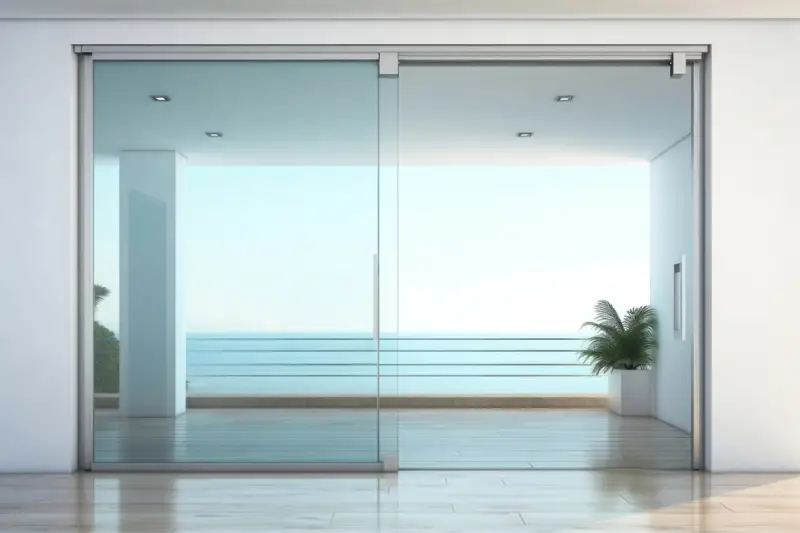Click here to get this post in PDF
Accessibility is a core requirement for people with disabilities, and integrating accessibility into infrastructure benefits the wider community. It also fosters social cohesion and opens up economic opportunities for disabled individuals.
Adding automatic doors to commercial spaces helps to boost accessibility. These doors offer convenience, a sleek look, and touchless operation. They also help to comply with accessibility regulations and prevent liability issues.
Safety
Imagine heading out of the grocery store with four heavy bags of groceries in your hands. You reach the door to leave, only to find that it’s a manual, non-operating door you can only open by dropping your purchases or waiting for someone to help you.
Automatic doors offer a variety of safety features, including motion sensors that sense individuals approaching the door and trigger the opening to prevent collisions. These obstruction sensors stop the door if something is in its path, and emergency stop buttons halt the door’s movement in critical situations. They can also be integrated with access control systems to limit unauthorized entry into sensitive areas.
In addition, the design of many types of automatic doors New Jersey, such as revolving and folding doors, is engineered to meet accessibility standards. This ensures that these commercial entranceways are sanitary and safe for everyone, including those with limited mobility. Incorporating these doors into a business demonstrates the owner’s commitment to providing equal access to all individuals and helps companies comply with accessibility standards.
Convenience
In addition to their energy-efficient opening and closing mechanisms, automatic doors reduce air exchange indoors and outdoors. This helps businesses and organizations maintain desired temperatures with less energy usage.
With options that allow for hands-free operation, automatic doors help to limit the spread of germs and bacteria between people entering and exiting a building. This feature has become increasingly important in the wake of the COVID-19 pandemic.
Moreover, the swift and automated opening mechanism of automatic doors helps to eliminate bottlenecks and enable a flow of traffic that can minimize wait times for individuals. Customers often prefer automatic doors when visiting shopping malls and other premises.
Finally, many automatic door operators have a backup power supply option to continue operating even during a power outage. This is especially useful in facilities such as hospitals, where hygiene control is a significant concern.
Aesthetics
The sleek and streamlined design of automatic doors conveys a sense of efficiency, modernity, and accessibility. Combined with features such as touchless operation, they can help create a positive image for your building and a welcoming first impression for customers and visitors.
They are also an ideal choice for healthcare facilities, where hygienic environments are vital in the fight against infections. By providing a touchless entryway, these doors reduce the risk of cross-contamination, helping to maintain a high standard of patient care.
Finally, they help to promote inclusivity in public spaces by allowing individuals with limited mobility to navigate easily through doorways. This is crucial in meeting accessibility standards legally mandated in many countries.
Energy Efficiency
A high-quality automatic door is more tolerant to damage and has a longer lifespan than manual doors, minimizing the need for repairs or replacements. This helps minimize waste and reduces long-term maintenance costs, contributing to sustainable practices.
These touchless entrances also help prevent the spread of germs and bacteria, particularly in crowded areas. Additionally, they offer greater accessibility to individuals with disabilities, as required by regulatory guidelines and legislation (except for Group A-1 through A-4 occupancies, including theaters, restaurants, and indoor sporting events).
When integrated with access control systems, automatic doors can provide an added layer of security, preventing unwanted entry into your facility. They also help maintain desired temperatures, reduce energy consumption, and help businesses stay within energy efficiency codes and regulations.
You may also like:
How to Measure Your Door for the Perfect Hardware Fit

